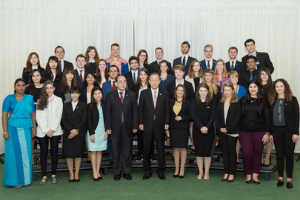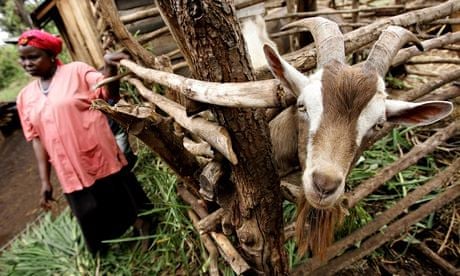 Participation in decision-making is one of the key priority areas of the United Nations agenda on youth. One form of youth participation at the United Nations is through the inclusion of youth delegates in a country’s official delegation to the United Nations General Assembly and various functional Commissions of the Economic and Social Council.The youth delegate programme is coordinated by the Focal Point on Youth at the global level, but it is the responsibility of the Member States to establish a youth delegate programme at the national level, and to decide who will represent the young people of their country. The roles of a youth representative varies from country to country, but normally includes providing input to their delegation on issues related to youth and participate in their delegation’s general work through attending meetings and informal negotiations.
Participation in decision-making is one of the key priority areas of the United Nations agenda on youth. One form of youth participation at the United Nations is through the inclusion of youth delegates in a country’s official delegation to the United Nations General Assembly and various functional Commissions of the Economic and Social Council.The youth delegate programme is coordinated by the Focal Point on Youth at the global level, but it is the responsibility of the Member States to establish a youth delegate programme at the national level, and to decide who will represent the young people of their country. The roles of a youth representative varies from country to country, but normally includes providing input to their delegation on issues related to youth and participate in their delegation’s general work through attending meetings and informal negotiations.


 Looking back, what actions will the youth of tomorrow wish today’s custodians had taken to improve the agricultural sector of 2026 and their place in it?
Looking back, what actions will the youth of tomorrow wish today’s custodians had taken to improve the agricultural sector of 2026 and their place in it?


